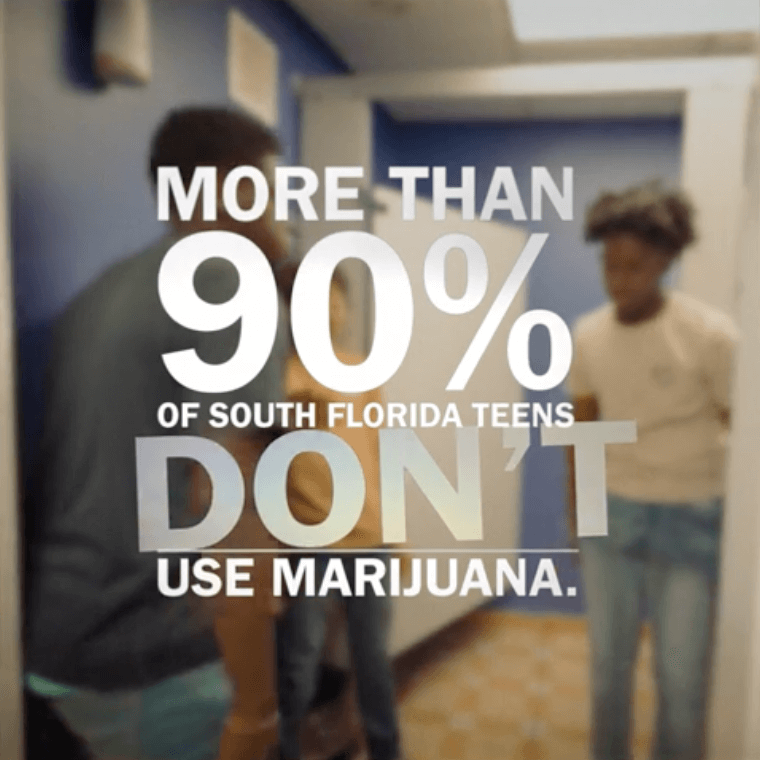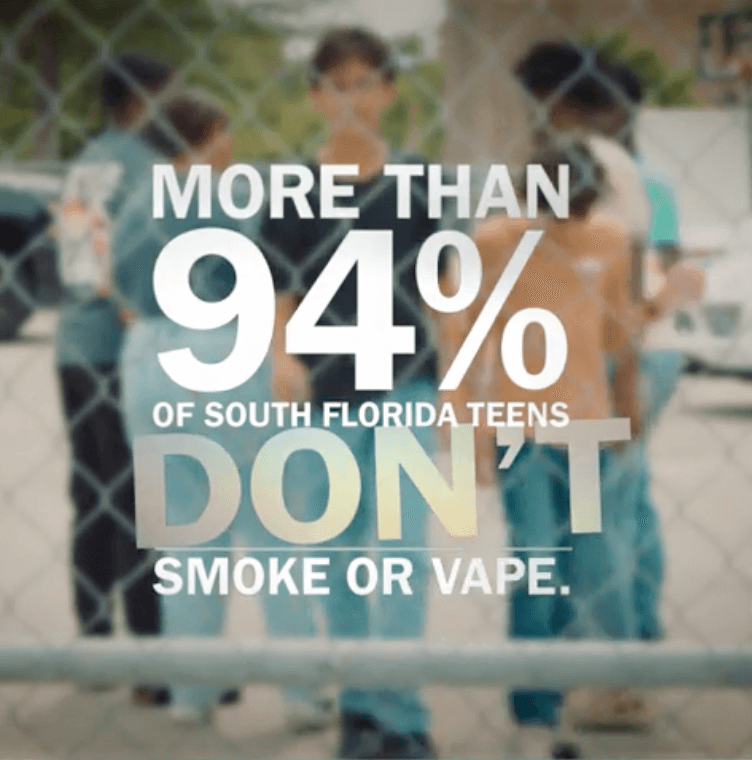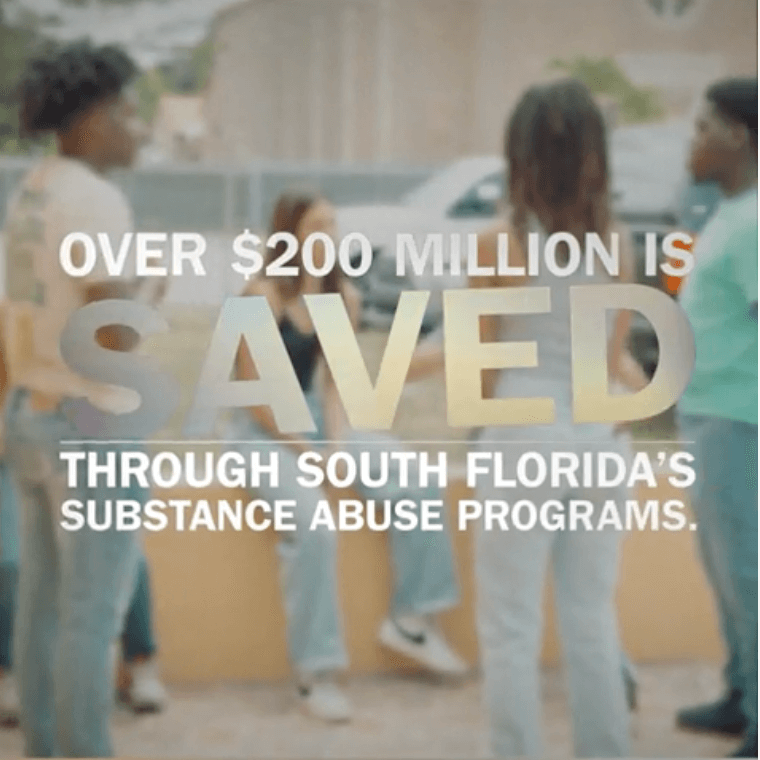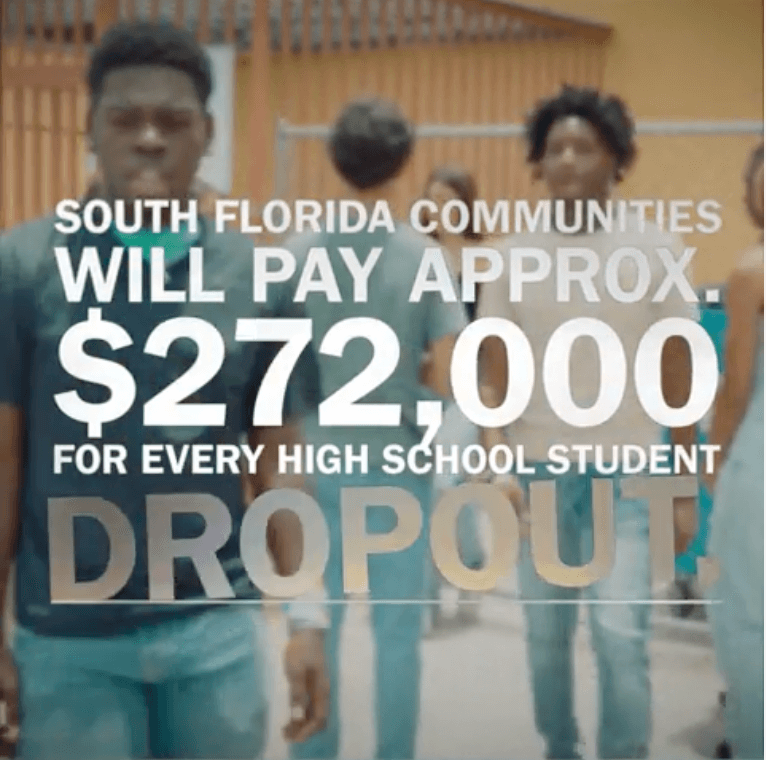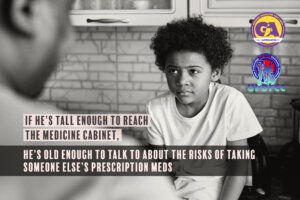Awareness Campaigns
Through programs, outreach and awareness campaigns, Gang Alternative, Inc. channels community support into meaningful action – strengthening families, shaping character, and fostering impact where it matters most.
Substance Abuse Prevention
The Truth About South Florida Teens
All too often, everything that some people think about how teens behave in South Florida is derived from anecdotal information, news reports, or social media posts. We are bombarded with messages about our kids abusing drugs and alcohol, and costing tax payers untold amounts of money because of poor behavior. At Gang Alternative, we’ve been working to curb those behaviors for 20 years, so it’s both our AND your best interest that we take a deep dive into the data to see what impact the programs that we’re active in are making on our community.
Take a look at all the campaigns we have shared over the years. How are we doing? What exactly is the ROI on your tax dollars?
Click to play the campaign videos
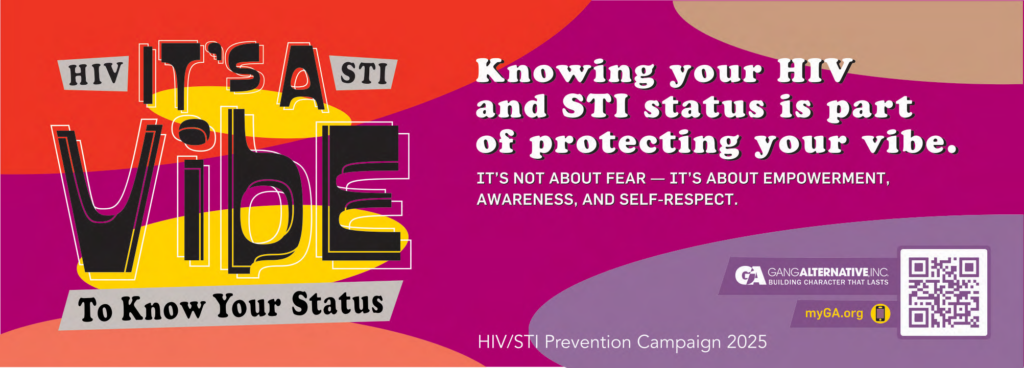
Substance Abuse Prevention
2023 Substance Use Prevention Poster Contest Winners!
Gang Alternative, Inc.’s Urban Partnership Drug-Free Community Coalition (UPDFCC) and Urban Partnership for Success Collaborative – Miami (UPSCM) held their First Annual Substance Use Prevention Poster Contest during the month of May. The contest gave middle school students living in Miami-Dade County the opportunity to express themselves by promoting healthy and substance-free lifestyles. Students submitted their art that focuses on the prevention of any substance use, and/or the harm substance use can cause young people.
Congratulations to our winners!



First place: Khloé Emeran, an 8th-grade student at Highland Oaks Middle School, received a $500 prize and her poster will be shown on public transit buses across Miami-Dade County.
Second place: Justin Gaffoglio, an 8th-grade student at North Miami Middle School, received a $250 prize.
Third place: Nimmond Lockheart, a 7th-grade student at Redland Middle School, received a $100 prize.
Opioid Overdose Prevention
Click here to learn more about opioids and how to prevent opioid overdose.

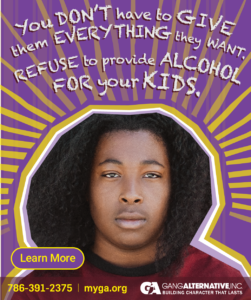
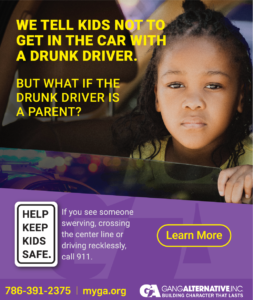
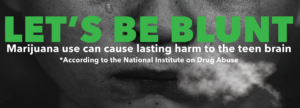
Marijuana affects brain development
When people begin using marijuana as teenagers, the drug may impair thinking, memory, and learning functions and affect how the brain builds connections between the areas necessary for these functions. Researchers are still studying how long marijuana’s effects last and whether some changes may be permanent.
For example, a study from New Zealand conducted in part by researchers at Duke University showed that people who started smoking marijuana heavily in their teens and had an ongoing marijuana use disorder lost an average of 8 IQ points between ages 13 and 38. The lost mental abilities didn’t fully return in those who quit marijuana as adults. Those who started smoking marijuana as adults didn’t show notable IQ declines. [1]
Edibles
The popularity of edibles also increases the chance of harmful reactions. Edibles take longer to digest and produce a high. Therefore, people may consume more to feel the effects faster, leading to dangerous results.
Points to remember
- Marijuana refers to the dried leaves, flowers, stems, and seeds from the Cannabis Sativa or Cannabis Indica plant.
- Marijuana contains the mind-altering chemical THC and other related compounds.
- People use marijuana by smoking, eating, drinking, or inhaling it.
- THC over-activates certain brain cell receptors, resulting in effects such as:
- altered senses
- changes in mood
- impaired body movement
- difficulty with thinking and problem-solving
- impaired memory and learning
- Marijuana use can have a wide range of health effects, including:
- hallucinations and paranoia
- breathing problems
- possible harm to a fetus’s brain in pregnant women
- There aren’t any reports of teens and adults dying from using marijuana alone, but marijuana use can cause some very uncomfortable side effects, such as anxiety and paranoia and, in rare cases, extreme psychotic reactions.
- Marijuana use can lead to a substance use disorder, which can develop into an addiction in severe cases.
- No medications are currently available to treat marijuana use disorder, but behavioral support can be effective.
Gang Alternative, Inc. operates the Youth Excellence Program, the Urban Partnership Drug-Free Community Coalition, and the Urban Partnership for Success Collaborative to reduce substance use and abuse in our community.
Information provided from the National Institute on Drug Abuse.
Go to https://www.drugabuse.gov/publications/drugfacts/marijuana to learn more.
[1] Meier MH, Caspi A, Ambler A, et al. Persistent cannabis users show neuropsychological decline from childhood to midlife. Proc Natl Acad Sci U S A. 2012;109(40):E2657-E2664. doi:10.1073/pnas.1206820109.
Violence Prevention

Nearly one thousand violent incidents at schools have been reported to law enforcement in South Florida. Not in our school!
Source: Florida Department of Education, School Environmental Safety Incident Report, 2020-2021


